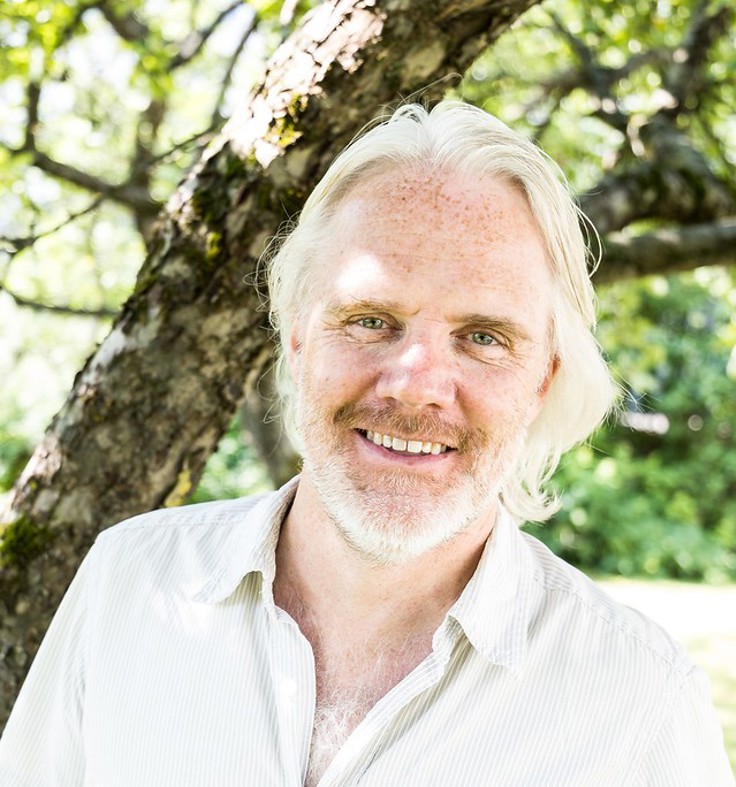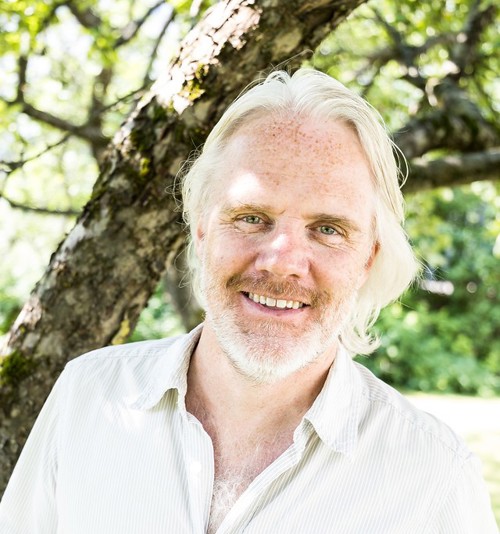New director will shed light on the effectiveness of epidemic measures
New director will shed light on the effectiveness of epidemic measures
News
|Published
“When we have so little research to show the effectiveness of the measures we implement, that ultimately restrict people’s freedom, I can understand why some people are skeptical” says Atle Fretheim.
This news article is older than 30 days and the information may be outdated
Go to the home pageThe Centre for Epidemic Interventions Research aims to give us improved knowledge for current and future epidemics. The newly appointed director, Dr. Atle Fretheim, has many years of experience in intervention studies and policy-relevant research. In this interview Fretheim explains what the newly established centre will do for the coming years.
A centre specifically to study interventions in epidemics
There is substantial uncertainty about the positive and negative effects of interventions like closing schools, restricting opening times of bars, or frequent testing of employees. Fretheim believes the new research centre will help us have more informed interventions in the future.
«I think the COVID-19 pandemic has made it clear to everyone that we have insufficient knowledge about the consequences of the many public health and social measures that are being implemented to control viral transmission. Although it seems quite clear that comprehensive lockdowns slow down viral transmission, we don’t know the impact of individual interventions, and we don’t know the extent of negative consequences. No wonder there are strong disagreements about the suitability of these types of measures!”, claims Fretheim.
The new centre is based at the Norwegian Institute of Public Health and receives funding directly from the Ministry of Health. The idea of establishing the centre came from the government
“Since the pandemic began, we’ve been arguing for the conduct of experimental studies as an integrated part of the crisis response, for example by randomly allocating different parts of the country to different infection control strategies such as school closures, or using rapid tests for screening participants at mass gatherings.
“This has proven extremely difficult in practice, but our policymakers have experienced first-hand the need for more evidence to inform their decisions. The idea is that the centre will do just that: Conduct studies to enable a more evidence informed response, next time.”
Barriers and how to avoid them
Fretheim confirms that we first need a clearer and fuller picture of the barriers that have hindered the conduct of effectiveness studies of public health and social measures during the COVID-19 pandemic.
“Why haven’t we, or practically anyone else in the world, succeeded in carrying out projects that have led to convincing findings about the effects of these interventions? We need to figure out ways to address those barriers. We have a rich experience of our own to build on, both in terms of meeting barriers, and in trying to get around them!
“Secondly, the centre will carry out impact evaluations, preferably by conducting randomised or quasi-experimental experiments, to assess the effects of infection control measures. Many public health and social interventions are complex and need to consider behavioural aspects such as whether and why people adhere to interventions or not. Therefore, a wide range of research methods is needed to collect and analyse data to strengthen our understanding of these measures.
“Finally, we will develop and evaluate tools to support the use of research in decision-making in health crises, also including interventions to improve critical health literacy in the population, as a countermeasure to the infodemics that accompany epidemics,” says Fretheim.
Collaborating with the World Health Organization
The centre is already collaborating with groups and individuals outside Norway, and hopes to build collaborative relationships with other research groups with shared interests, as soon as possible.
“Part of the centre’s mandate is to support the World Health Organization in its recently launched effort to strengthen the evidence base for public health and social measures in pandemics. We are also engaged in the BESSI-collaboration, which includes many researchers and institutions engaged in this field.”
Are you recruiting?
“Yes! We will be looking for people who can prepare trial protocols, assess ethical and legal aspects of carrying out trials in crisis situations, lead impact evaluation projects, people with analytic skills, and more. Currently, we have about 10 people affiliated to the centre, but I hope the number will be doubled by the end of the year.”

